
We look at the faces of Filimon, Hdru, Omar, Debesay, Huruy and Mogos. The faces of young men between the ages of 18 and 25. They had their whole future ahead of them. They wanted to study and get jobs, start families, live in peace and safety. But they are dead. Drowned, starved and parched, having fled death, torture, war and violence.
Their deaths were viewed as collateral damage, if not mercilessly included in the plan itself. The people in charge simply did not and do not care, that these young men died. This is an assumption, it is polemic, but the facts speak for it.
What we know:
At the beginning of April (the ALAN KURDI is on a rescue mission), 63 refugees in a rubber boat set out on the dangerous route across the Mediterranean (see also “Starved, parched and drowned in a European search and rescue zone“). After a long odyssey they reach the Maltese search and rescue zone. Malta is obligated to save the refugees. It is applicable law: maritime law and human rights. These established rights cannot be overridden due to the pandemic. European judges have determined this.
However, Malta hired a dubious businessman to send an inconspicuous fishing boat to bring the refugees back to Libya. This campaign killed twelve people, including the young men shown here with photos and names.
Where do the photos come from?
Avvenire.it first published the names and photos of the refugees. The portal is an official website of the Vatican news agency and is known for dealing directly with the topic of migration. The journalists have good contacts to Libya and thus also to the survivors of the push-back. As a result, the photos were probably leaked to them.
The research was also confirmed by the “Times of Malta”, where these photos were also published. Both sources are considered trustworthy and reputable. We rely on these two sources for the publication, there is no 100% certainty.
Why do we show the photos?
Because the dead have a face and a name. They aren’t just numbers and statistics.
“There is a tendency in society that has pushed the whole discussion about flight and people fleeing extremely to the right. The culture of conversation about it has been dehumanizing. That too is violent. And if we show these pictures – the pictures of real people, of personal fates, the stories behind them – then we bring this discourse back to a humane level. I believe that this dehumanized image needs to be corrected and therefore it is right to show the images,” said Gorden Isler, Sea-Eye’s chairman.
Isler draws parallels to the publication of Alan Kurdi’s picture. Even back then it was important to publish this picture because it changed public discourse.
The Bishop of Malta, Charles Scicluna, believes that the publication of the pictures does not cross any moral boundaries.
“The victims of our politics and our indifference have names and faces like all of us,” said the bishop on Twitter.

A political scandal
Maltese government official Neville Gafá swore under oath that he had organized the push-back and another Easter campaign under the direction of the Prime Minister’s office.
“I confirm that I was involved in a mission during Easter night and the following days, in which a boat with 51 irregular migrants, including eight women and three minors, was brought to the port of Tripoli. There were five bodies on the same boat,” said Gafá. (Sources: Times of Malta, repubblika.org)
He testified that he had acted on the instructions of the Prime Minister’s office. The latter had asked him to coordinate directly with the Libyan Ministry of the Interior and the Libyan Coast Guard. In addition, there is suspicion that there have been several illegal push-backs. In the meantime, criminal charges have been filed and there is said to be an official investigation.
(by Martin Geiger)

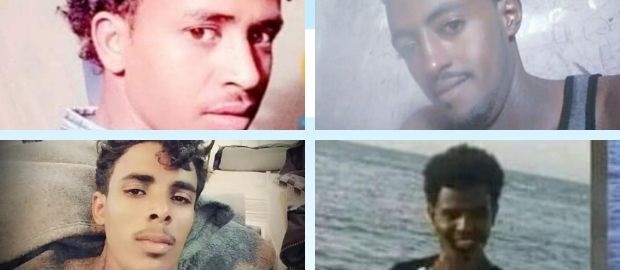
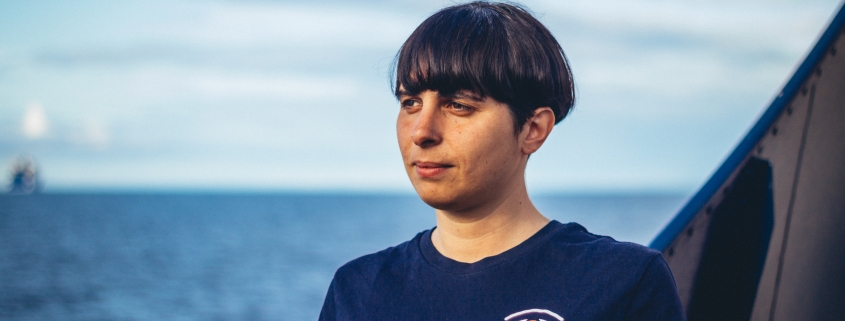
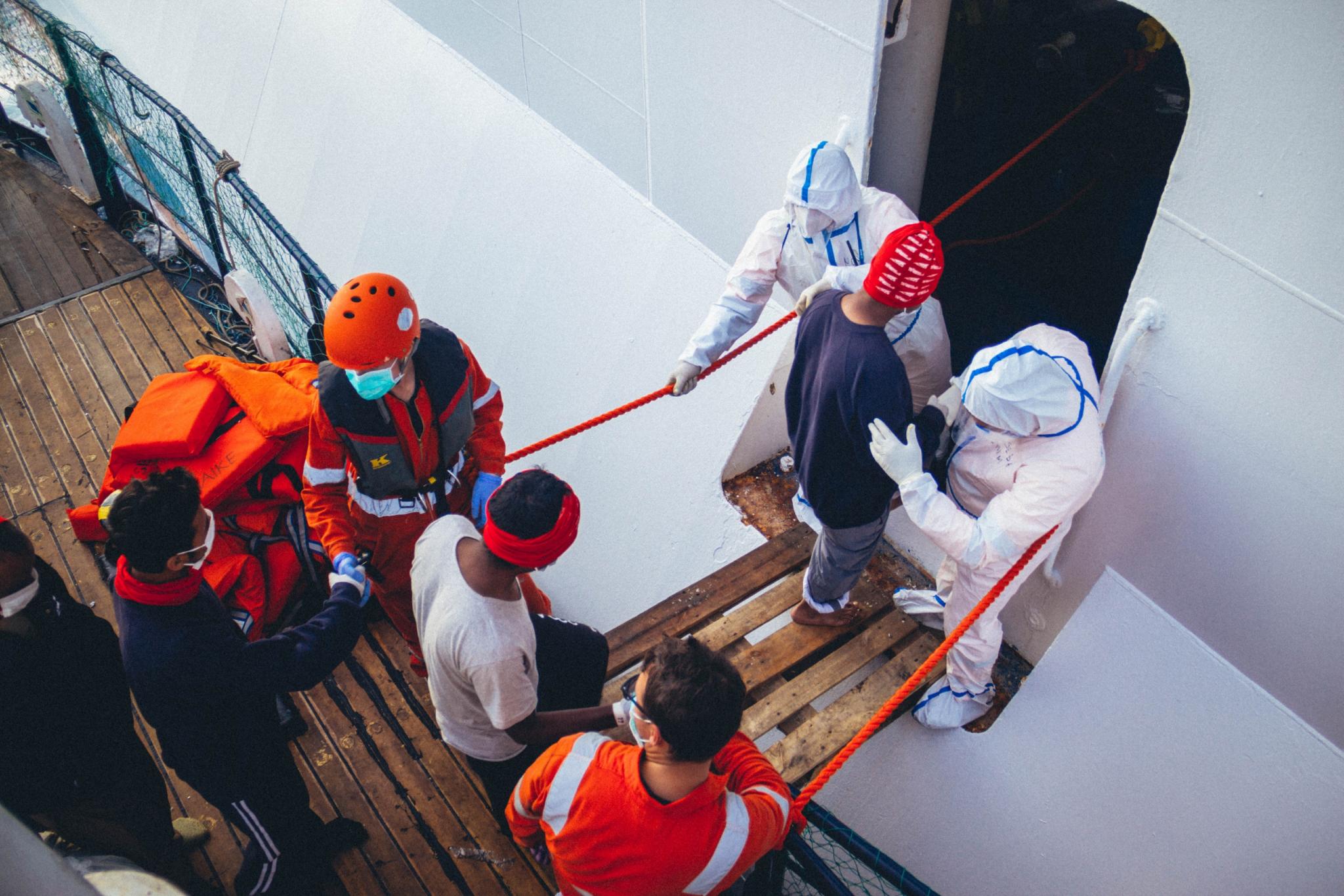
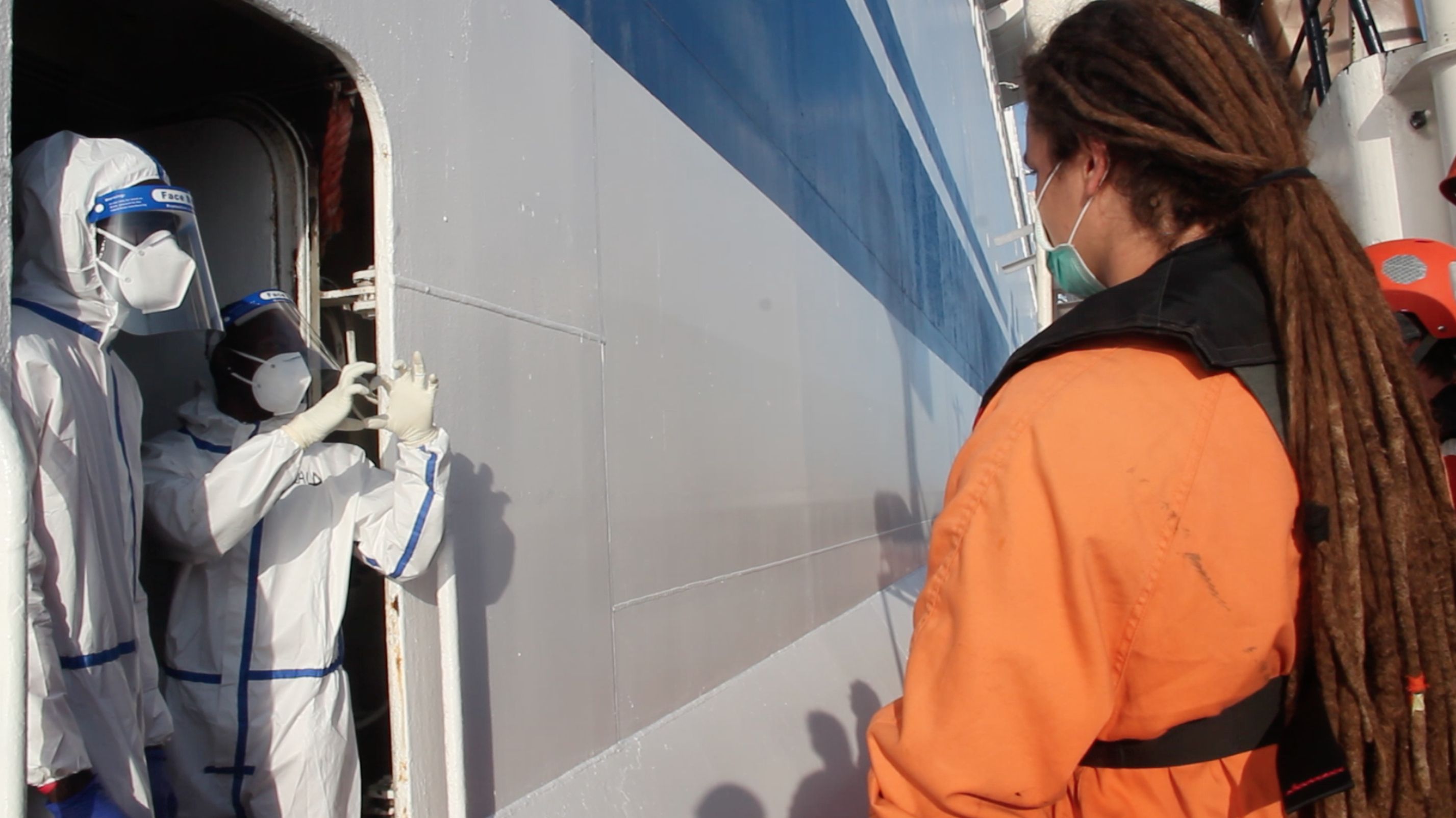
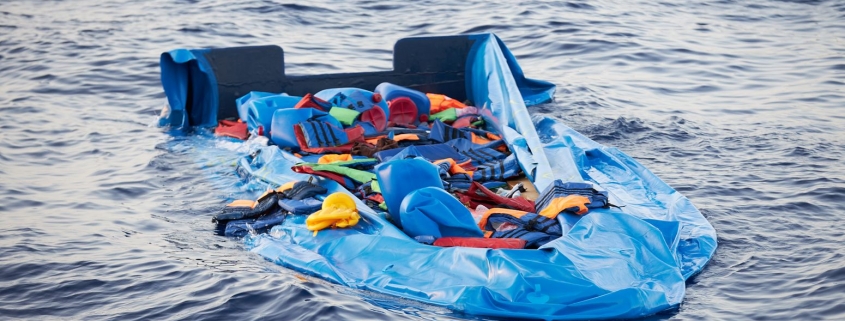
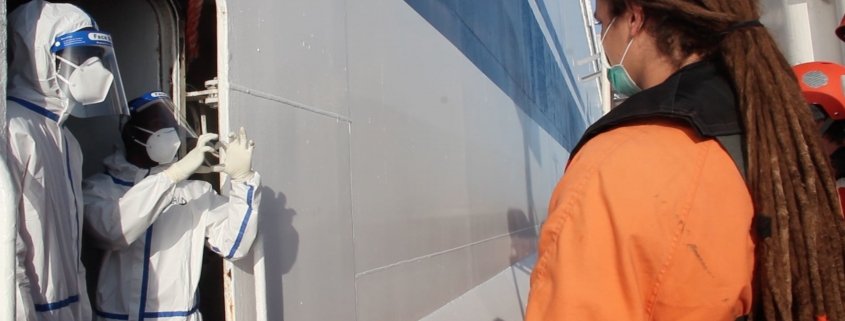 © Cédric Fettouche & sea-eye.org
© Cédric Fettouche & sea-eye.org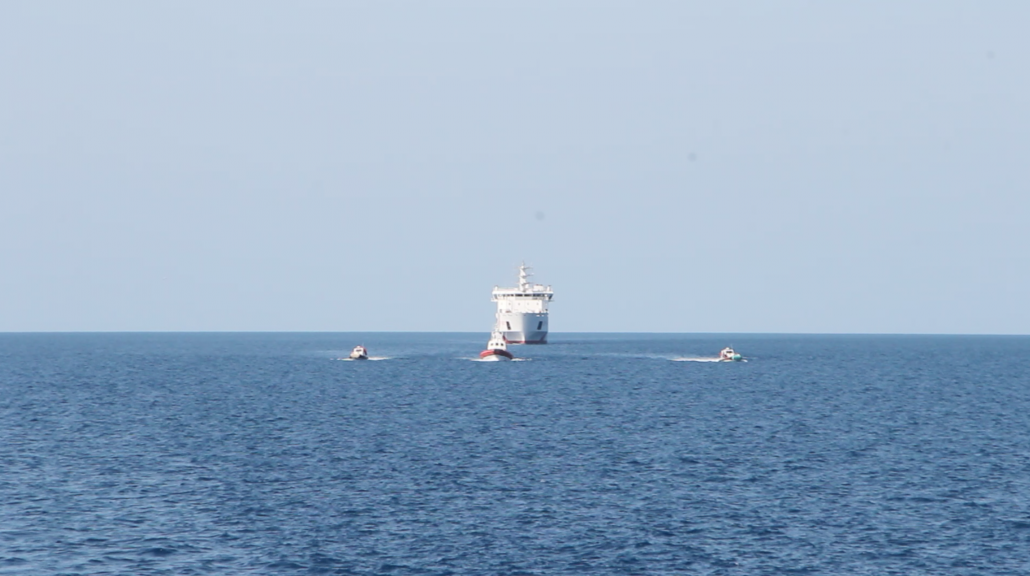
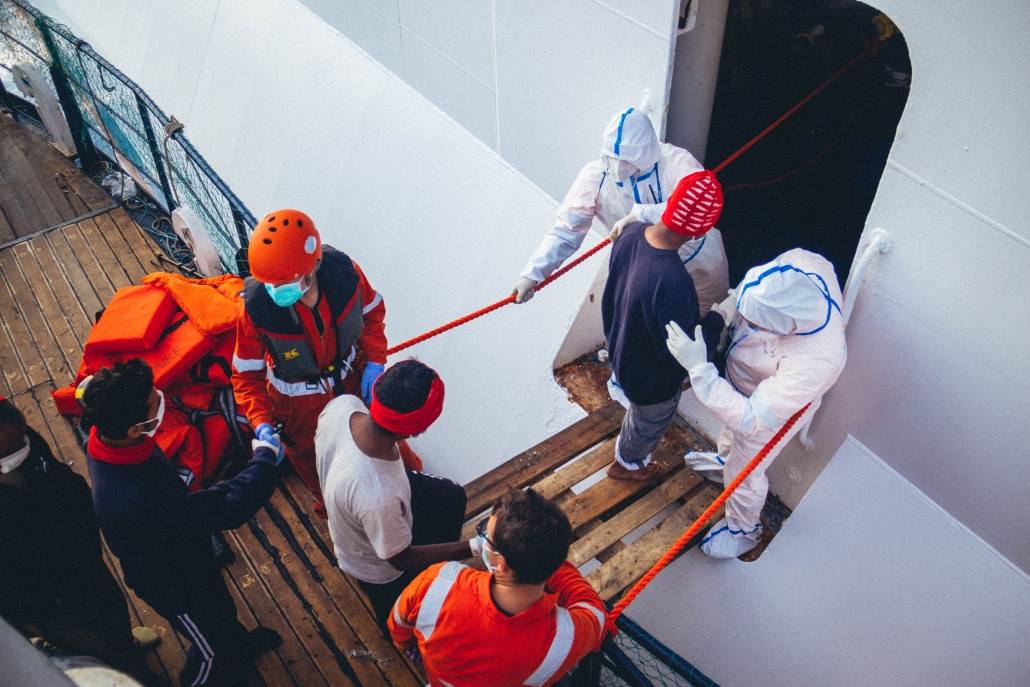
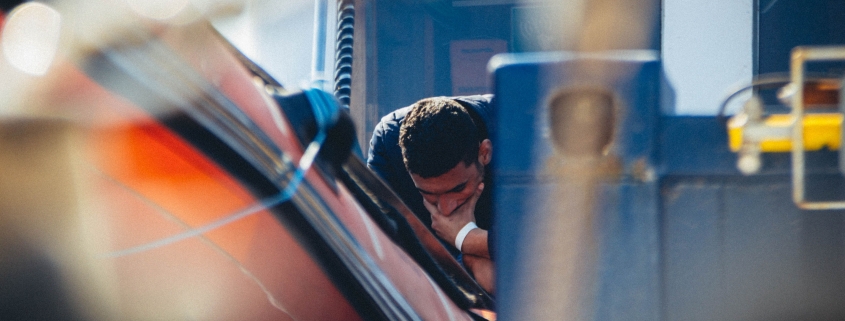
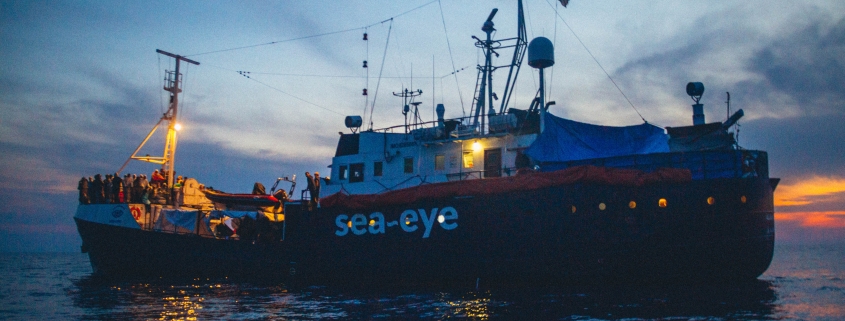
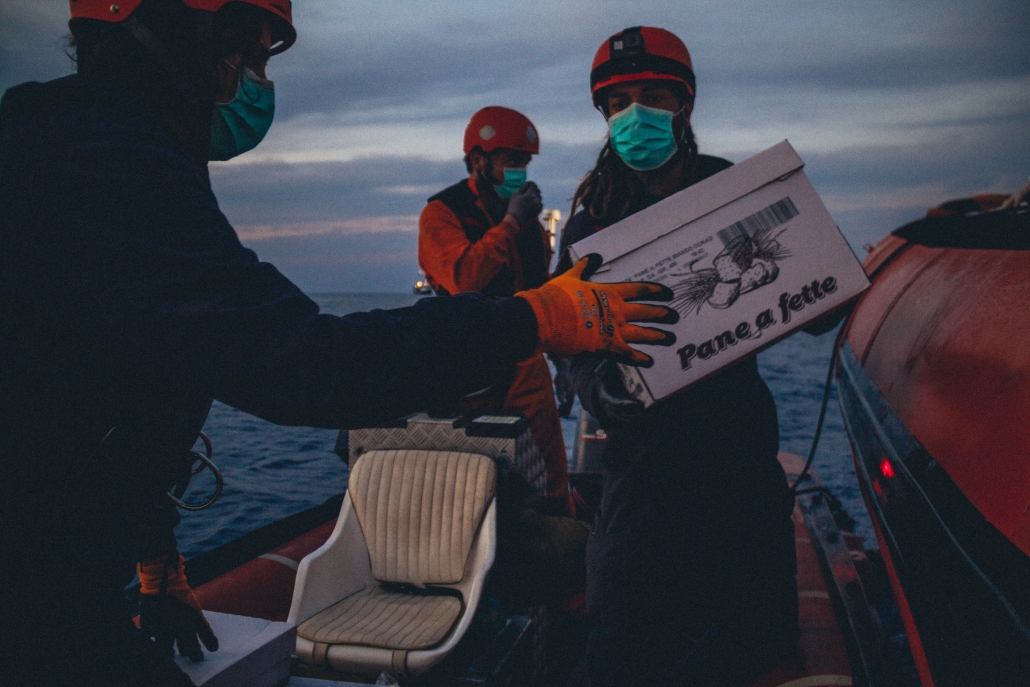
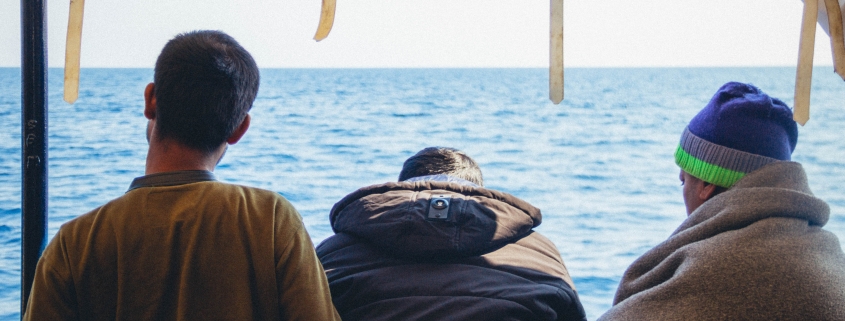 © Cédric Fettouche & sea-eye.org
© Cédric Fettouche & sea-eye.org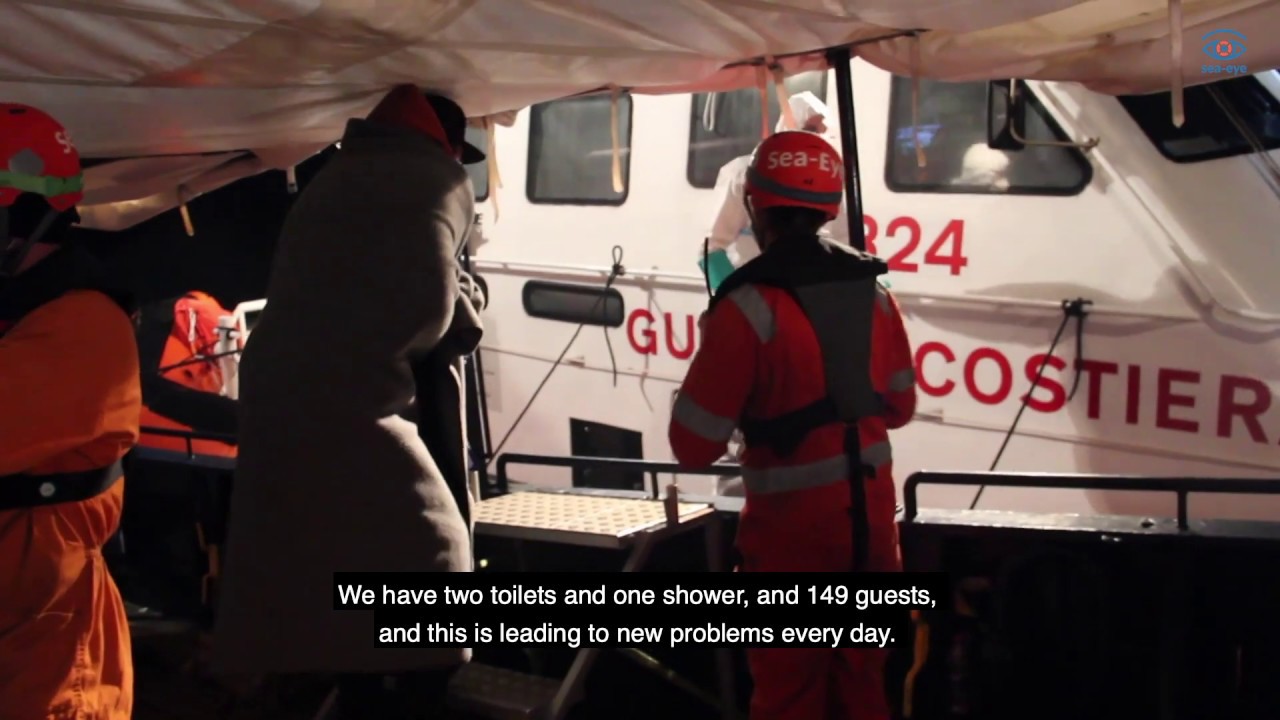
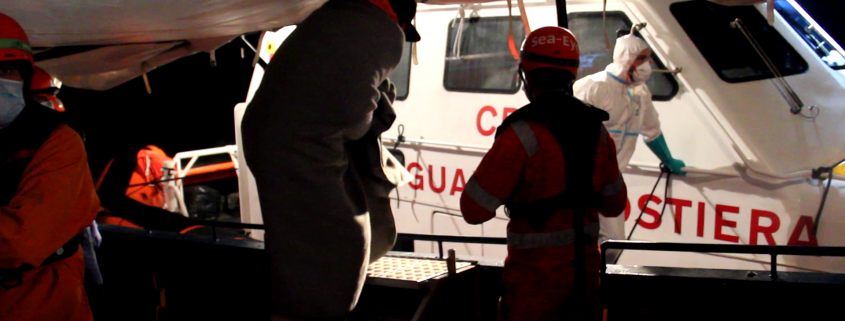
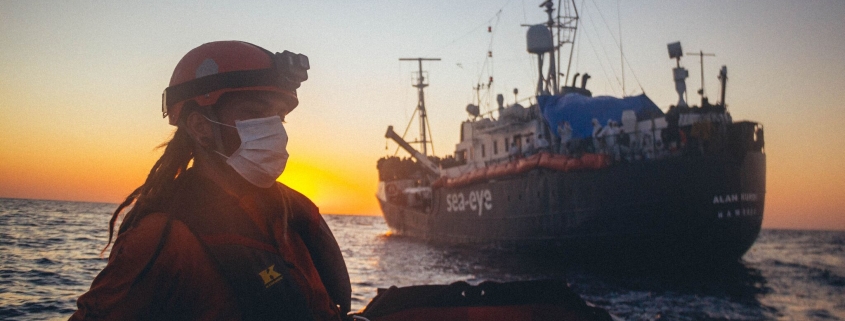
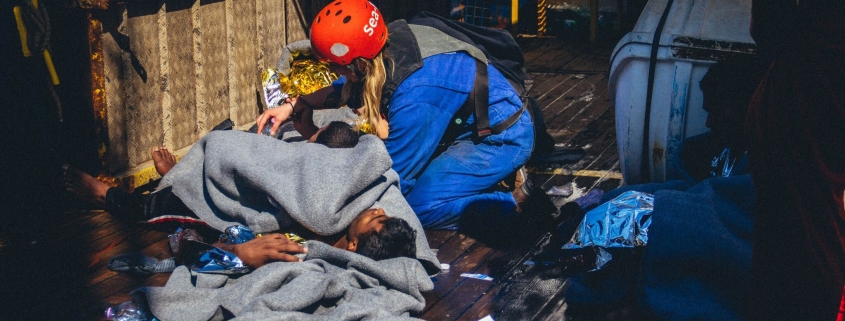 © sea-eye.org
© sea-eye.org